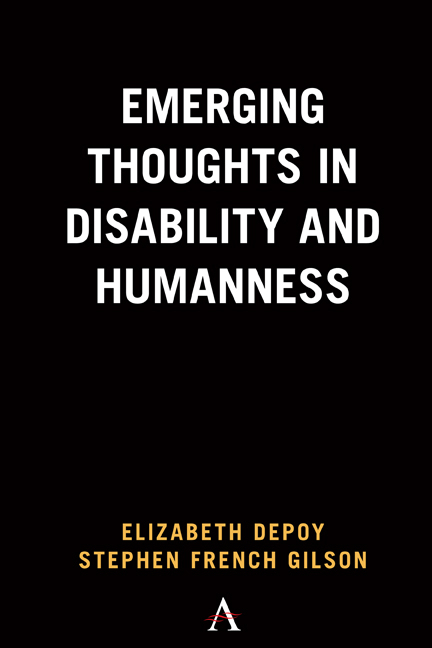Chapter 10 - Reinvention
Published online by Cambridge University Press: 13 May 2022
Summary
Your body is nothing less than the universe in motion. Reinventing the body means reinventing the whole universe.
—Chopra (2009)In our conceptual framework, reinvention is the response to illegitimate humans who are one or many degrees removed from what is considered to be human and corporeal nature. But before intellectually sowing this fertile, intoxicating, and sometimes disquieting field, a little clarification is in order. What do we mean by reinvention and what is its scope? How does reinvention define humanness and its beyond?
The word reinvention means to produce something new that is based on something that already exists. (Cambridge Dictionary, 2020)
This dictionary definition therefore proposes that the raw marble slab exists, awaiting sculpting. Applied to humanness violators, the something elses are present, recognized, and named, but are not acceptable in their current form. If revision is not attaining its goal to legitimate these offender beings, two additional options are available, reinvention for the lucky, and denial for the unfortunate who are eliminated, or never materialize in the first place.
A second point before analysis, we disclose what led us to even thinking about reinvention in the first place. We noted earlier in the book that our thinking about humanness was piqued at several crossroads in which the scholarly and personal intersected, including wrestling with our changing bodies as we acquire more time lived, and the capacities for which we no longer were able to use our corporeal matter. Reinvention, however, was specific to our own recent reading work in two areas of technology research and development and the redesign of our barn, introduced in Chapter 8.
Area one involved a robot experiment. Because our university only offered a cafeteria meal service, the something elses who could not carry a tray had a limited menu of options, so to speak, in how to join colleagues in a meal in these dining establishments and events. One could just watch everyone else eat, bring delectables to the meal in a prepackaged “carriable” form reminiscent of the lunchbox school days, or make a plea for help from a willing, charitable prototype. So we set out to reinvent the experience by inventing a robot to do the wait person job in a sexy and flashy manner.
- Type
- Chapter
- Information
- Emerging Thoughts in Disability and Humanness , pp. 147 - 162Publisher: Anthem PressPrint publication year: 2022



